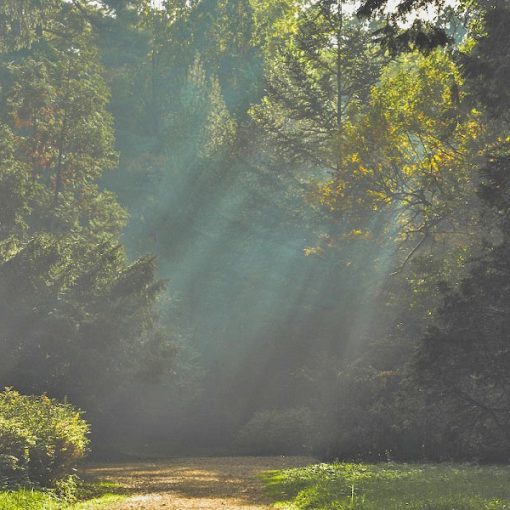What are you aware of in this moment? Awareness defines your existence. The search for enlightenment has become more apparent in our society. This exploration of self-discovery in the pursuit of serenity began after the awaken of self-consciousness. The Buddha offers insight for our consideration. He teaches that Before Enlightenment chop wood, carry water. After enlightenment chop wood, carry water.

Zen also teaches a similar philosophy about living life in a state of presence. The Zen quote When hungry eat, when tired sleep from Po Chang offers beneficial wisdom. The mind has difficulty accepting the simplicity of life. This mind resistance is due to the self-imposed details, complexity, and conditioning of our human existence. Sages such as Buddha, Jesus, Jiddu Krishnamurti, and others offer us signposts to a pathway beyond the mind.
So, what do the teachings of these sages really suggest? Firstly, please understand that the mind is a helpful servant but a terrible master. Therefore, any understanding of life based strictly on the mind will only cause further confusion and complexity. How does insight resonate with you? The act of being allows balance and harmony in the experience of life. Nonetheless, strictly living from mind assumptions, interpretations, and definitions manipulations the simplicity of living. Here also, don’t let the mind fool you. Simplicity does not suggest a paradise without worry or pain. Foremost, your essence is universal presence. Secondarily, this presence is manifesting through an object/body.
Chop Wood, Be Alive, and Live Simple
However, we wish to keep it simply. Therefore, practice living and being as an observer of mind and body. Realize deeply that what is…is. This may sound impossible. But, we base this conscious awareness exercise on acceptance and non-attachment to the obvious without using thoughts and emotions. Hence, insight such as chop wood, carry water and eat when hungry, sleep when tired illustrate the isness of presence.
Let’s break this down and consider the portal that opens through the active experience of presence. Enlightenment is the now. It is this instant and can only ever be this instant. You may say that this statement does not really help you to understand what enlightenment means. Firstly, the mind cannot truly label or categorize enlightenment nor this moment in life. Thus, now is always our point of reference. Being presence and not the mind details of the moment allow clarity during the observation of mind and inner universe.
Chop Wood and Be Presence
What happens when you chop wood? Obviously, you chop wood. So, in layman’s terms, enlightenment is ultimately your state of being before, during, and after chopping wood. The only difference is that you either unconsciously or consciously chop wood. The situation itself always remains the same. But, your state of being considerably changes, depending on how you observe the moment.
Therefore, mind details, in whatever form, are insignificant to the actually and simply act of being. Awareness, non-attachment, and a willingness to go beyond the mind are essential for a clear observation of being. Hence, the inner universe and, moreover, a conscious observation of the inner universe determines your relationship with this moment.
Consequently, conscious presence is the portal to illumination. So often, the mind screams thoughts and emotions of rejection, sadness or frustration when it rains. However, universal intelligence welcomes a raindrop as it falls onto the skin. Therein you experience the totality of life within the universal flow. You become the rain. The conscious presence of everything is within this one drop of rain. And, being this oneness is of universal significance in the experience of life.
Wishing you a happy and safe day
P.S. Here are additional articles and book that might be beneficial to you.
– An excerpt from The Tao of Physics by Fritjof Capra
– Four stages of enlightenment according to Theravada Buddhism
– What is Enlightenment? – Immanuel Kant, 1784





